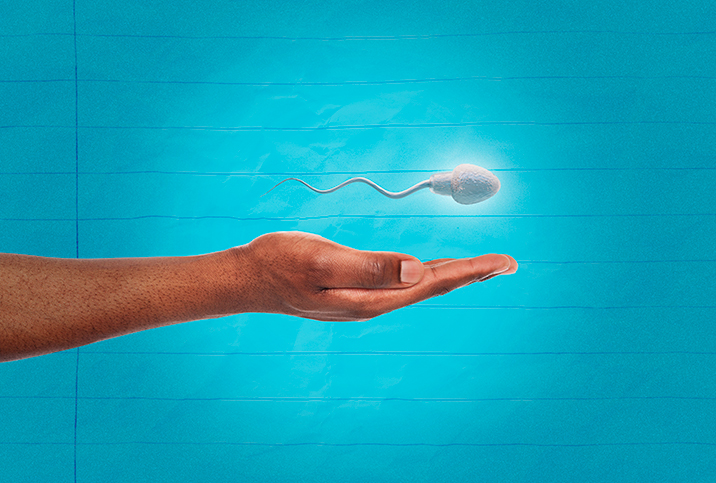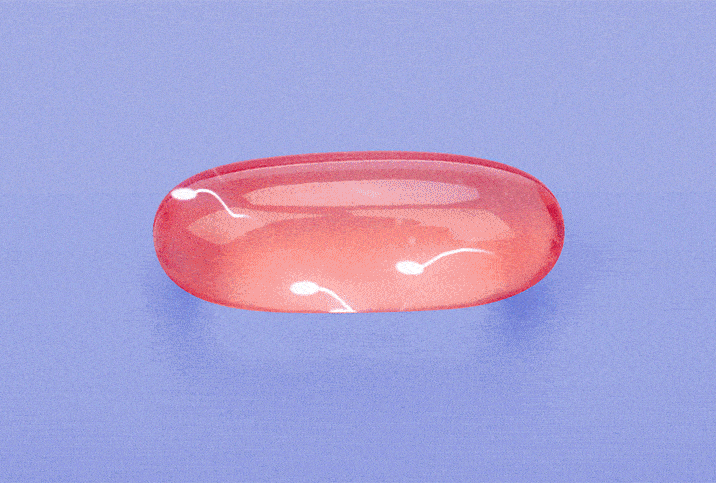Men's Fertility: Myths & Misconceptions

Conceiving a child is either the easiest or most difficult thing in the world, depending on who you ask. A pregnant high school senior who had sex "just once" will tell a very different tale than a late-30s couple trying to have a baby.
For people trying to make a family, understanding all the ins and outs of fertility can mean wading through a confusing jumble of misinformation. What follows are a few of the more commonly circulated myths about male fertility. And we debunk them.
Myth: When a couple can't conceive, it's usually due to the woman's fertility issues.
Reality: Men and women have a more or less equal chance of being the roadblock when a couple cannot conceive. According to the U.S. Office on Women's Health, an otherwise healthy couple of reproductive age who can't conceive after a year of trying are defined as being infertile. Who's responsible doesn't matter for the definition.
Doctors note that infertility is solely the woman's issue only about 30 percent of the time. Another 30 percent of cases are due to the man's fertility problems, while 20 percent of cases are attributed to both. Ten percent of the time, a couple's infertility is due to unknown causes.
Luckily, given men's ready availability of, er, reproductive material, it's much easier to begin the search for fertility issues there. Testing a semen sample will reveal important information about a man's fertility, including sperm count, the shape of the individual sperm, their ability to move (motility), and other factors. Most male fertility problems have to do with semen or sperm issues.
Myth: We're just not trying hard enough.
Reality: Having sex daily doesn't really help. The seemingly-obvious-but-not-really solution to couples having fertility problems is often presented by busybody relatives as something along the lines of, "Just get back in the bedroom, you two! Ha ha!"
But upping the frequency of sex doesn't necessarily help with conceiving. For starters, a man's sperm lives in the woman's reproductive tract for about 48 to 72 hours after sex. So even having sex every other day is sufficient for conception. Another important factor to keep in mind is that having sex in the five- or six-day window leading up to and including ovulation is ideal for conceiving.
Myth: Testosterone supplements will help our chances of conceiving.
Reality: Extra testosterone may actually dampen sperm production.
Testosterone supplements may help men who have a flagging libido or are suffering from fatigue, but they're a bad idea for guys trying to conceive. One study looked at men who sought fertility help at a pair of clinics in Alabama and Kansas. Its findings were interesting: When the men stopped taking testosterone, their sperm counts skyrocketed.
Myth: Marijuana has no effect on male fertility.
Reality: The latest studies say otherwise. As more research is being commissioned—especially now that marijuana use is rising as it becomes legal in more states—emphasis is being placed on discovering whether it actively decreases sperm count and concentration.
Although much of the research at this point has been carried out on animals—findings still to be verified in human beings—the results are pointing to a degree of testicular atrophy, loss of libido and sexual function.


















